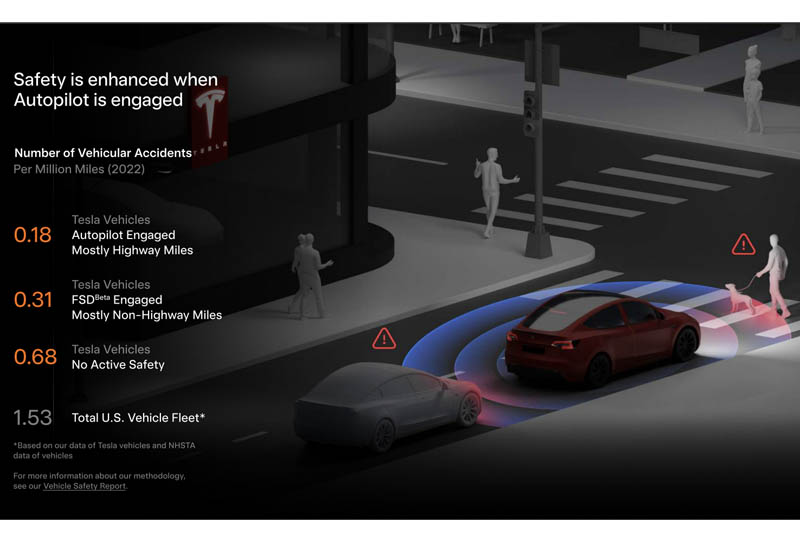Tesla secured a major legal victory this week as a jury rejected claims that flaws in the company’s Autopilot driver assistance system caused a fatal 2019 crash. The landmark verdict represents Tesla’s first trial win against allegations that Autopilot defects led to a death.
The case was brought by relatives of Walter Huang, who died in a crash when his Tesla Model X collided with a highway barrier in California while Autopilot was activated. Plaintiffs argued Autopilot steered Huang’s Tesla out of its lane and that Tesla knew the system was defective and unsafe prior to selling the vehicle.
However, the jury unanimously determined there was no defect in Tesla’s design or manufacturing of Autopilot after a 3-week trial. Instead, they cited Huang’s own actions as the probable cause of the collision.
Tesla contended that data showed Huang’s hands were not detected on the wheel for the final six seconds before impact, failing to intervene when Autopilot did not recognize the concrete barrier. The company maintains that drivers are responsible for remaining alert and ready to take over at all times when Autopilot is enabled.
CEO Elon Musk reacted to the verdict on X/Twitter, stating “The irony is that if Autopilot had been turned on here, it would almost certainly have saved the driver.” Musk and Tesla argue that overall Autopilot reduces traffic accidents when used properly.
This first Autopilot trial loss for Tesla could set a precedent for other pending cases alleging the feature is unsafe. Tesla still faces related lawsuits over multiple fatal crashes, including an ongoing NHTSA investigation into Autopilot’s role in accidents with emergency vehicles.
However, the ruling affirms Tesla’s long-held stance – that Autopilot enhances safety but cannot drive independently, requiring human supervision at all times. With the plaintiff’s defect claims thoroughly rejected, other cases face a tougher uphill legal battle.
Tesla can tout this court decision as a powerful rebuke to Autopilot’s detractors. But it remains unclear if regulators like NHTSA will reach the same conclusion regarding Autopilot’s design and functionality when their investigations conclude.
For now, the trial result validates Tesla’s autonomy claims and removes a significant legal risk hovering over the automaker. As Musk aims to release fully self-driving this year, FSD Beta v12 demo showcases major AI breakthrough for self-driving, Tesla will need to continue proving Autopilot’s capabilities and limitations to skeptics.
